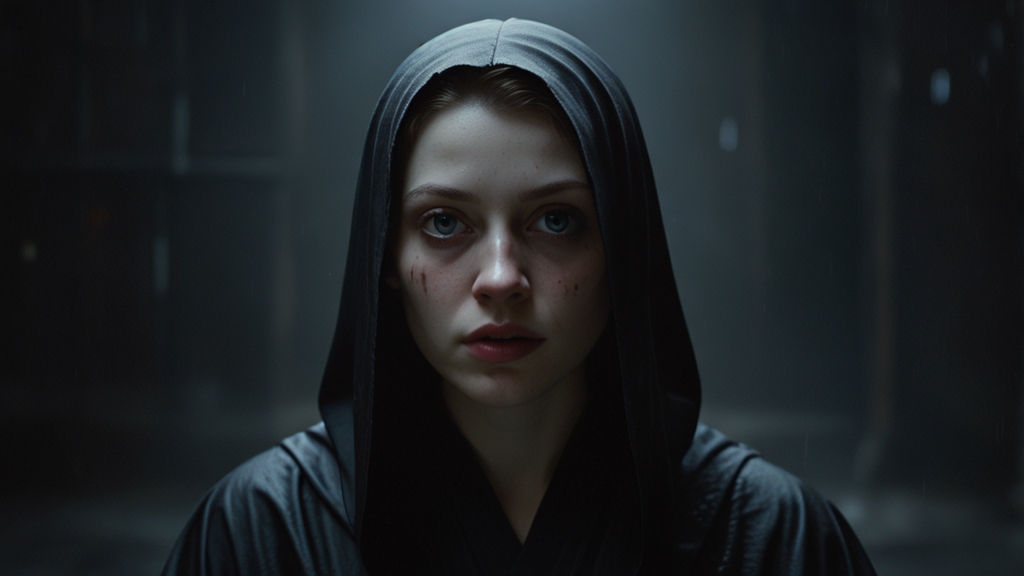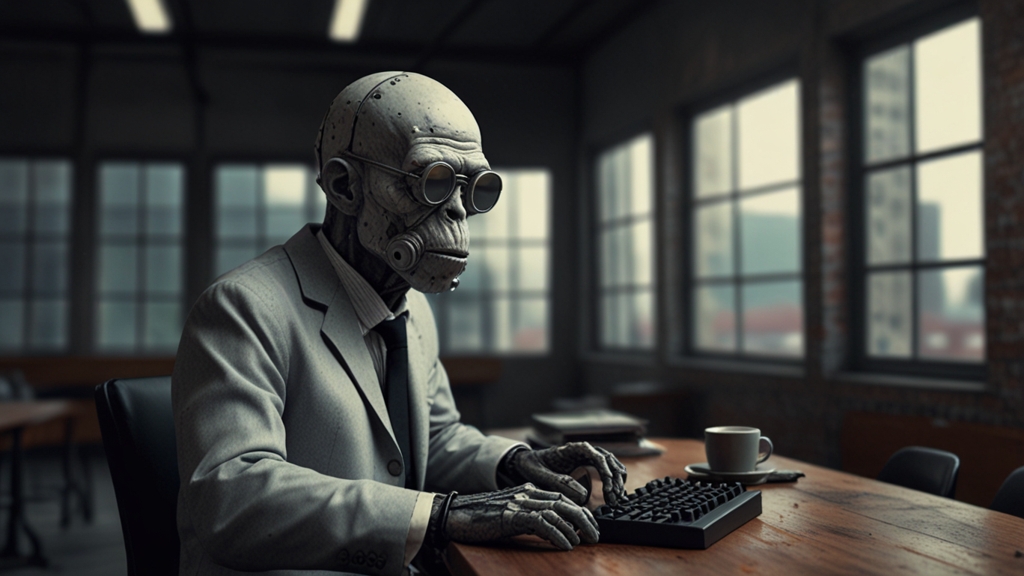The Anti-War Movement Voices That Shook a Nation
The Vietnam War, one of the most contentious conflicts in American history, gave rise to a powerful anti-war movement that would leave an indelible mark on the nation. Propelled by the draft, mounting casualties, and a pervasive sense of injustice, this movement wasn’t just a political or social campaign; it was a diverse and dynamic confluence of voices from various sectors of society. Students, musicians, civil rights activists, and veterans themselves joined forces to call for an end to the war. Their united efforts and unrelenting resolve profoundly influenced public opinion and government policy, ultimately altering the course of history.
The Role of Students
Among the first to rally against the war were college students. The Students for a Democratic Society (SDS) was one of the most influential student activist organizations of the 1960s. Their 1965 march on Washington, which drew over 20,000 participants, was a seminal event that galvanized the anti-war movement. The SDS's Port Huron Statement became a manifest for student protest, advocating for a “participatory democracy” and calling for the end of American military involvement in Vietnam.
"We oppose the war in Vietnam because it is contrary to the values and principles upon which this nation was founded. We believe in the power of the people to bring about social change." – Port Huron Statement, SDS
University campuses across the country became hotbeds of dissent and activism. Teach-ins, sit-ins, and mass demonstrations became common, with students demanding an immediate withdrawal of U.S. troops from Vietnam. The tragic Kent State shootings in May 1970, where National Guardsmen fired on unarmed college students, killing four, further fueled the anti-war sentiment and underscored the gravity of the domestic unrest.
Music as a Conduit for Protest
Music played an indispensable role in rallying public opinion against the Vietnam War. Artists like Bob Dylan, Joan Baez, and Crosby, Stills, Nash & Young used their musical talents to convey powerful anti-war messages. Songs like Dylan's "Blowin' in the Wind" and "The Times They Are A-Changin’" became anthems for a generation questioning authority and advocating for peace. Woodstock, the 1969 music festival, served not only as a landmark in counterculture but also as a powerful anti-war statement.
"









